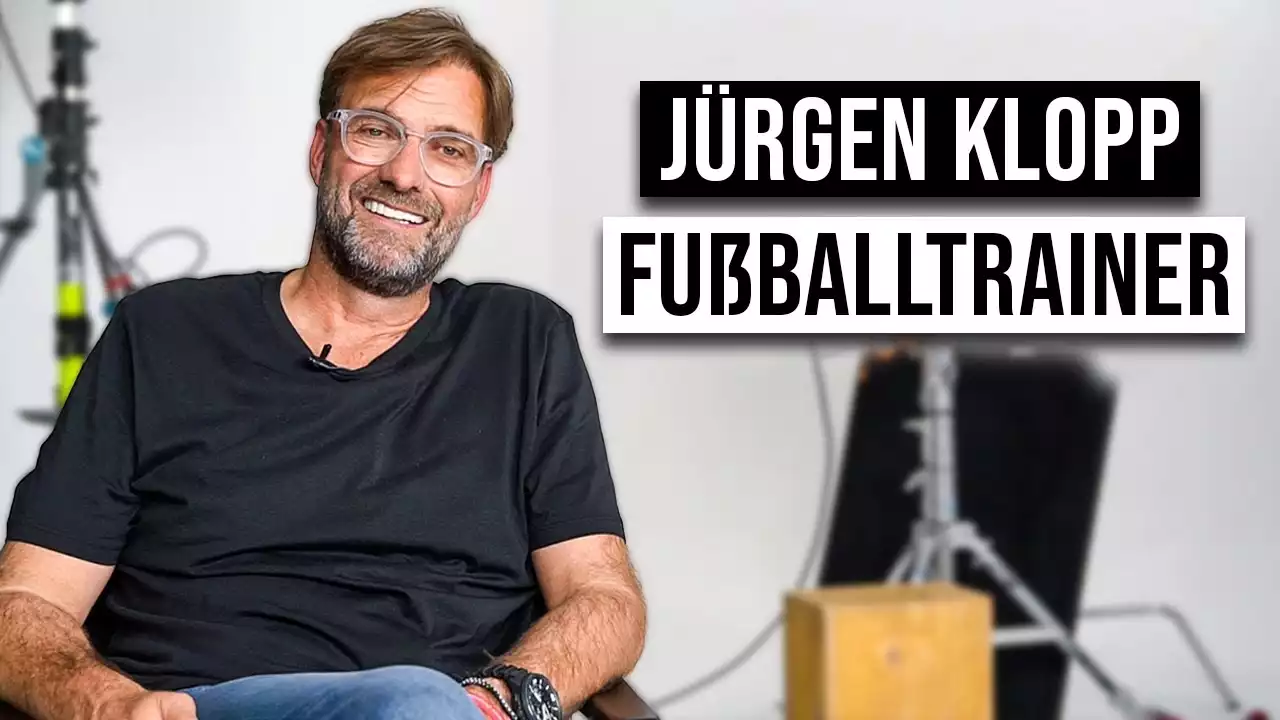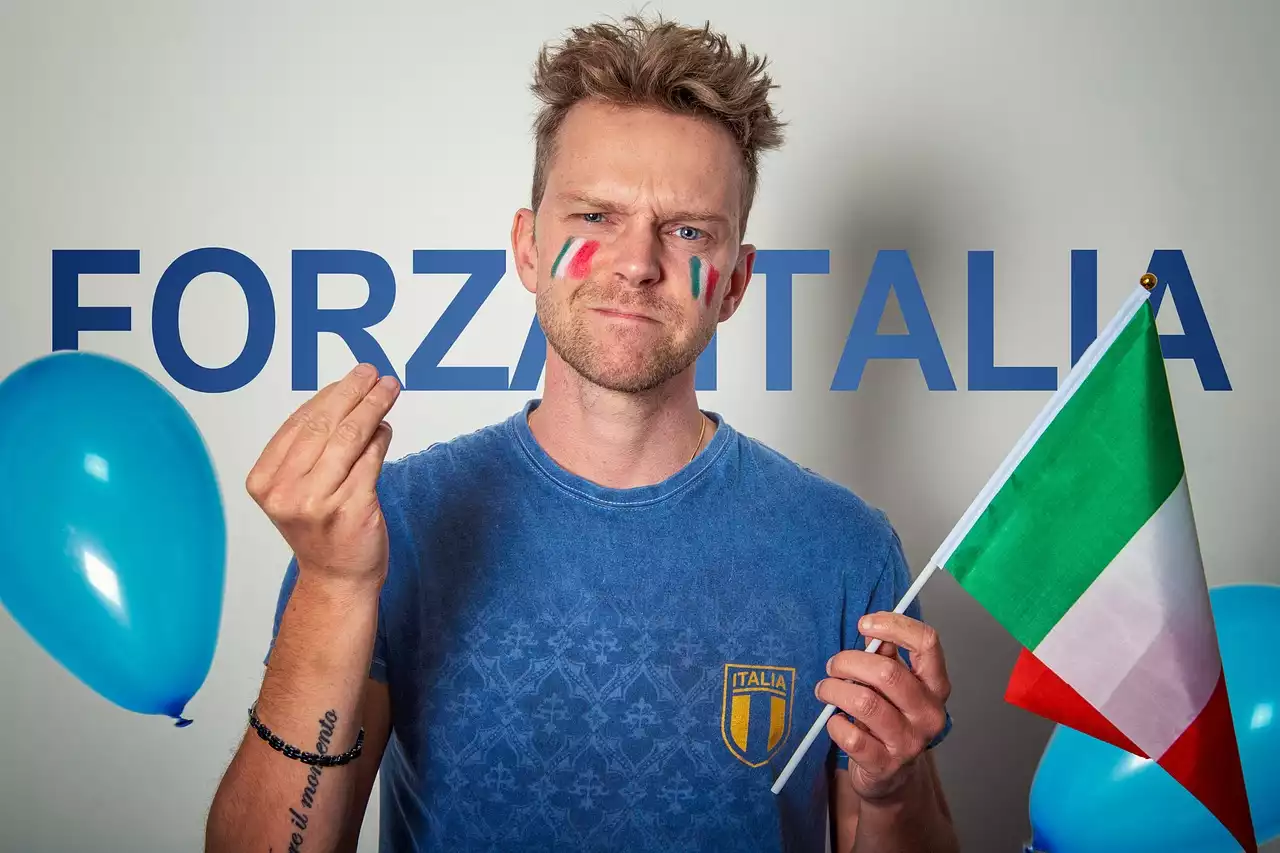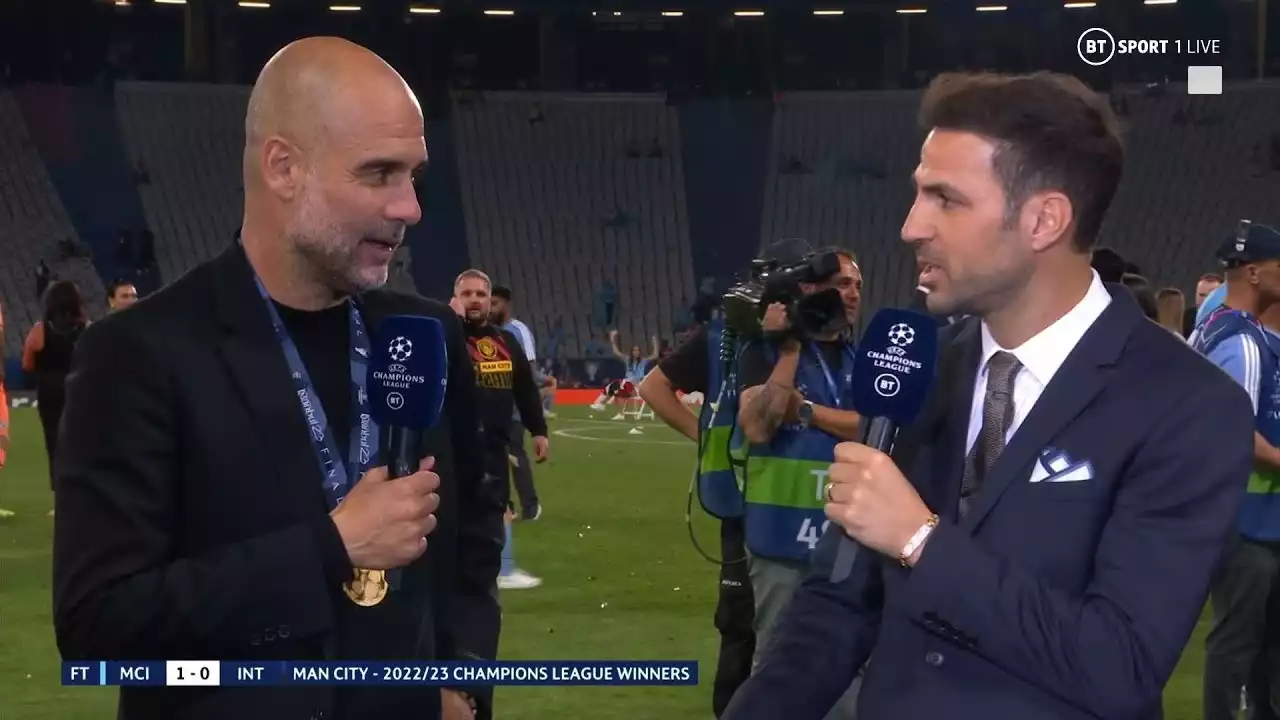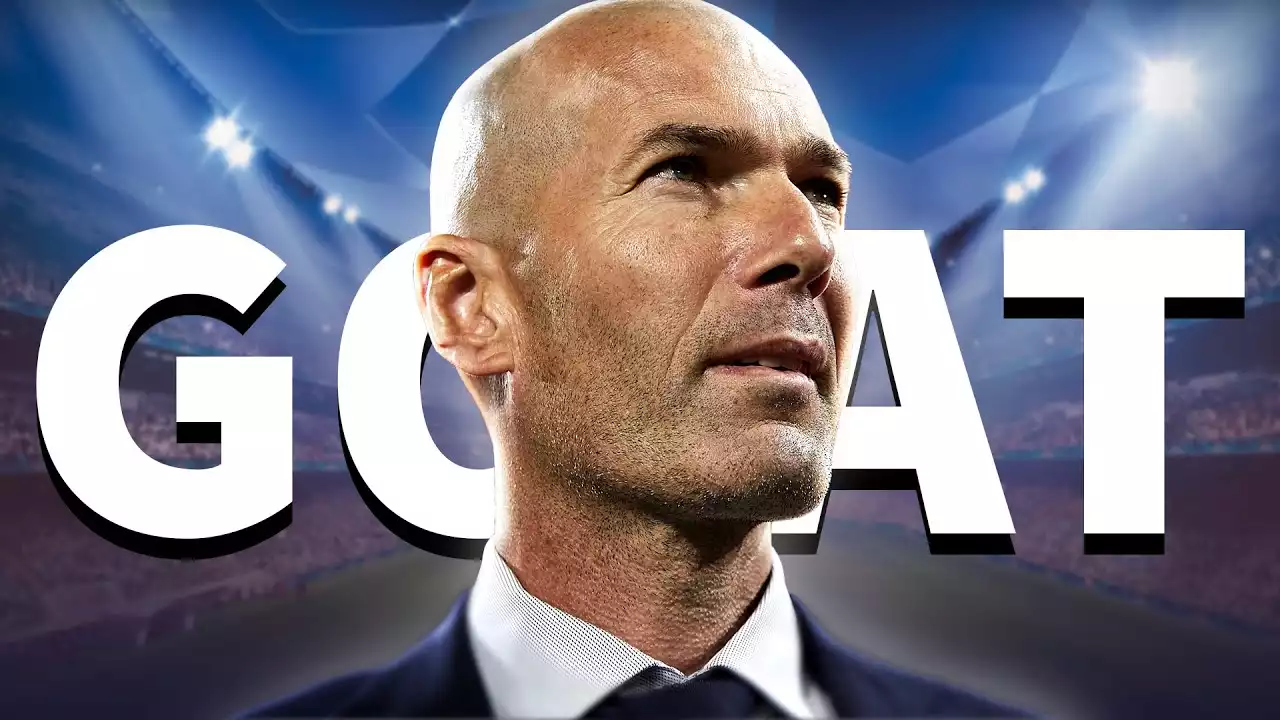Importance of Managers in Football
Managers are the backbone of any football team. They are responsible for setting the team's style of play, selecting the starting lineup, and making crucial tactical decisions during a match. A manager's influence extends beyond the field, as they are also responsible for motivating and inspiring their players. Their ability to analyze the opposition and implement effective strategies can be the difference between victory and defeat.
New managers bring a fresh perspective to the game. They often have innovative ideas and approaches that challenge the traditional norms of football. Their impact can be seen in the way their teams play, as they bring a new energy and enthusiasm to the squad. These managers have the ability to transform a team's fortunes and take them to new heights.
Impact of New Managers in the FIFA Club World Cup
The FIFA Club World Cup provides a platform for new managers to showcase their skills on the global stage. It is a tournament that brings together the champions from each continent, making it a highly competitive and prestigious event. New managers who have made a splash at the tournament have proven their ability to succeed at the highest level.
These managers have brought a breath of fresh air to the FIFA Club World Cup. Their tactical innovations and strategic brilliance have caught the attention of football fans around the world. They have shown that they have what it takes to compete with the best and come out on top. Their impact goes beyond the tournament itself, as their success at the FIFA Club World Cup often leads to greater opportunities and recognition in the world of football.
New Managers Who Have Made a Splash in Recent Years
One of the most notable new managers who has made a splash at the FIFA Club World Cup is Jurgen Klopp. Klopp, who took charge of Liverpool in 2015, has transformed the club into a European powerhouse. His charismatic touchline presence and passionate leadership have endeared him to the fans, while his tactical acumen has helped Liverpool achieve remarkable success. Under Klopp's guidance, Liverpool won the FIFA Club World Cup in 2019, showcasing his ability to deliver on the big stage.
Another manager who has left a lasting impact at the FIFA Club World Cup is Pep Guardiola. Guardiola, known for his tactical masterclasses, has revolutionized the way football is played. His teams are known for their intricate passing and high pressing style of play. Guardiola's success at the tournament with Barcelona and Bayern Munich has solidified his status as one of the greatest managers of all time.
Tactics and Strategies Implemented by Successful New Managers
Successful new managers at the FIFA Club World Cup have implemented innovative tactics and strategies that have proven to be effective against top-level opposition. They have the ability to analyze the strengths and weaknesses of their opponents and devise game plans that exploit the vulnerabilities of the opposition.
For example, Jurgen Klopp's famous "gegenpressing" style of play, characterized by intense pressing and high energy, has been instrumental in Liverpool's success. This tactic puts immense pressure on the opposition, forcing them into making mistakes and winning the ball back quickly. Klopp's emphasis on teamwork and collective pressing has transformed Liverpool into a formidable force.
Pep Guardiola, on the other hand, is known for his intricate passing and positional play. His teams dominate possession, patiently waiting for the perfect moment to launch an attack. Guardiola's ability to create fluidity and movement in his team's play has been key to his success at the FIFA Club World Cup.
Key Player Signings and Squad Improvements under New Managers
New managers often bring in key player signings and make squad improvements to enhance the overall quality of the team. These signings not only strengthen the team's performance on the field but also contribute to a positive team atmosphere and mentality.
Jurgen Klopp's signing of Virgil van Dijk for Liverpool was a game-changer. The Dutch defender has been a rock at the heart of Liverpool's defense, providing stability and leadership. Klopp's ability to identify and sign players who fit his system has been crucial in Liverpool's success at the FIFA Club World Cup.
Similarly, Pep Guardiola's signings of players like Kevin De Bruyne and Aymeric Laporte have significantly strengthened Manchester City. These players have added depth and quality to Guardiola's squad, allowing them to compete at the highest level.
Success Stories of Clubs Under New Management in the FIFA Club World Cup
The success stories of clubs under new management at the FIFA Club World Cup are inspiring and showcase the impact that a new manager can have on a team. These managers have the ability to transform underperforming clubs into champions.
Liverpool's triumph in the 2019 FIFA Club World Cup under Jurgen Klopp's management is a prime example. Klopp took over a club that had struggled for consistency and turned them into European champions. His ability to instill a winning mentality and create a cohesive team unit has been instrumental in Liverpool's success.
Bayern Munich's success under the guidance of Hansi Flick is another remarkable story. Flick took charge of Bayern as an interim manager but quickly transformed the team's fortunes. Under his leadership, Bayern won the 2020 FIFA Club World Cup, showcasing Flick's tactical brilliance and ability to get the best out of his players.
Challenges Faced by New Managers in the Tournament
While new managers have the potential to make a significant impact at the FIFA Club World Cup, they also face unique challenges. Adapting to a new club, managing star players, and dealing with the pressure of performing on the global stage are just a few of the obstacles they must overcome.
New managers often face skepticism from fans and the media, especially if they are relatively unknown or lack experience at the highest level. However, success at the FIFA Club World Cup can quickly change opinions and earn the respect of the football world.
Future Prospects and Potential New Managers to Watch in Upcoming Tournaments
The FIFA Club World Cup is a breeding ground for future managerial talents. As the tournament continues to grow in popularity and importance, new managers will have more opportunities to showcase their skills and make a name for themselves on the global stage.
One potential new manager to watch in upcoming tournaments is Julian Nagelsmann. Nagelsmann, who has impressed with his work at RB Leipzig, has already proven himself as one of the brightest young minds in football. His tactical acumen and ability to develop young players make him a strong candidate for success at the FIFA Club World Cup.








.png?size=50)

